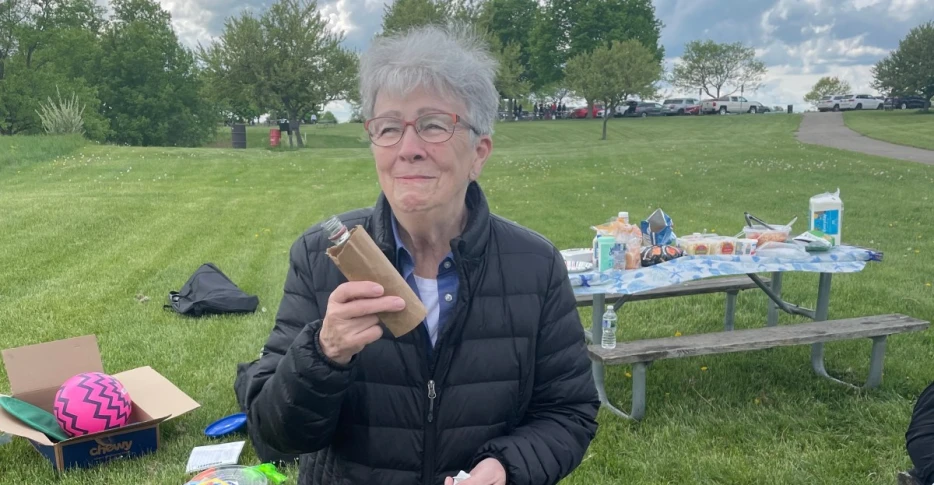
 Pride of Detroit
Pride of Detroit
Every once in a while, there’s a chance for sports to be more than you bargained for. More often than not, it’s a week’s worth of work in exchange for some time to relax and unwind, catch a game with some friends before it’s time to reset the clock and do it all over again. It’s a trade you’re willing to make from week to week, but if you’re lucky enough, there’s a chance for sports to be more than that. There’s a chance for it to help you heal.
On Sunday morning, before the Detroit Lions took the field against the Cincinnati Bengals in their Week 5 matchup, FOX’s Tom Rinaldi had sat down with Lions running back David Montgomery. It was Montgomery’s homecoming, the first time his NFL career would cross paths with the Queen’s City, and it was a moment for the seven-year veteran to do some reflection.
“Cincinnati, born and raised. Dangerous at times, but filled with life… and hope,” Montgomery narrates over video footage of the city’s landscape. A place where Montgomery’s mother worked overtime shifts as they bounced around from place to place during the running back’s childhood. Nights without a meal to eat before bed, in a house without heat or hot water to take a bath, things all those extra hours couldn’t even afford.
Football became an opportunity for Montgomery to break free, to avoid the pitfalls of incarceration that his family members had fallen into. After Vince Turnage, a mentor for Montgomery at Mount Healthy High School, was murdered, the loss shaped Montgomery both on and off the field.
“If I could tell the little boy that left home anything from the man I am now: pain is temporary,” Montgomery affirms in the interview. “Don’t allow pain to be a wound that is consistently open.”
Hours earlier, a Sunday-morning conversation with my mother picks at one of my open wounds. She lets me know that now’s the time to see my grandmother before it’s too late—but it already might be. Alzheimer’s disease doesn’t just steal all those cherished memories, it takes all the wit and personality that could ever be stuffed into one person and hides it away.
In August, for her birthday, my son and I visit her room at a local assisted living facility. It’s filled with portraits of her family: her parents, her siblings, her children, her grandchildren. She recognizes my son, her great-grandson, as “that kid” who’s “so darn cute,” but can’t remember his name. The look on her face let’s me know she probably doesn’t remember mine either. Months later, there’s little reason to believe it’s changed.
It happened fast, faster than it felt like in the moment. A voicemail from December 14, 2018 preserves all the Christmas cheer and love and warmth that I associate with her and all those gatherings from childhood. There’s countless others that I’ve taken the time to save as well. Because right now, that pain is temporary, and those audio...